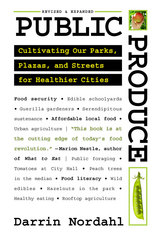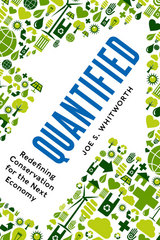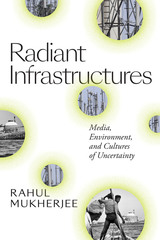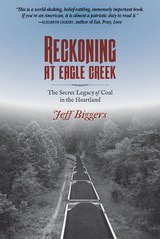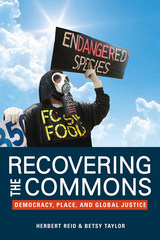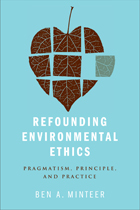The Homeowner Ideology: Economic (F)Utility of Real Property Rights in Four African Cities
University of Michigan Press, 2025
Paper: 978-0-472-05732-0 | Cloth: 978-0-472-07732-8 | eISBN: 978-0-472-90493-8
See other books on: Business & Economics | Economic Policy | Infrastructure | Political Science | Public Policy
See other titles from University of Michigan Press
Paper: 978-0-472-05732-0 | Cloth: 978-0-472-07732-8 | eISBN: 978-0-472-90493-8
ABOUT THIS BOOK | AUTHOR BIOGRAPHY | REVIEWS
ABOUT THIS BOOK
While homeownership has clear benefits among the poor, The Homeowner Ideology shows that the utility of real property rights as an economic resource are severely limited in Sub-Saharan African cities. While global poverty has declined since 1990, it remains widespread in sub-Saharan Africa, the region with the highest proportion of the global population living in slums. In the field of development studies, mainstream thinking is dominated by market fundamentalist neoclassical economics and the premise that ownership reduces poverty. Singumbe Muyeba contends that, in the case of Sub-Saharan Africa, this neoliberal premise is flawed and unsupported by the evidence. Rather, such a premise obscures social reality and complex social production processes driving the pervasiveness of the homeowner ideology. Muyeba argues that property rights function as structured idle capital on the formal market in African cities and the persistence of homeownership as the intervention of choice is explained by the influence of neoliberal ideology, intergenerational transfer of homeownership culture within the family, and the state's deliberate and active support for homeownership tenure.
By examining case studies and delving into the lived experiences of Africans across multiple urban areas, The Homeowner Ideology illustrates the personal stakes of individuals within the mass of statistical data that often dominates discussions about African homeownership. The author’s unique approach to looking at the data interrogates long-held assumptions about property rights in a new way using analytical methods that have not been utilized within an African context.
By examining case studies and delving into the lived experiences of Africans across multiple urban areas, The Homeowner Ideology illustrates the personal stakes of individuals within the mass of statistical data that often dominates discussions about African homeownership. The author’s unique approach to looking at the data interrogates long-held assumptions about property rights in a new way using analytical methods that have not been utilized within an African context.
See other books on: Business & Economics | Economic Policy | Infrastructure | Political Science | Public Policy
See other titles from University of Michigan Press


